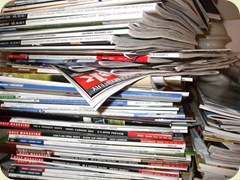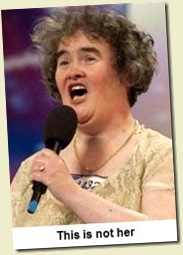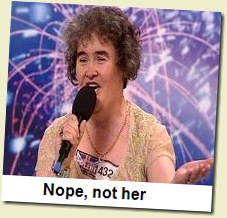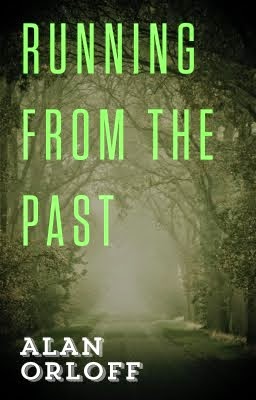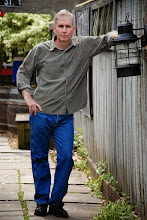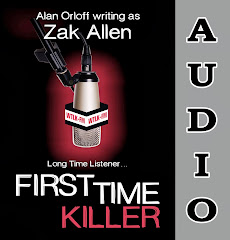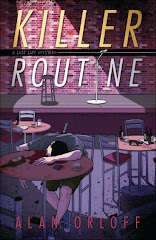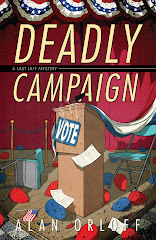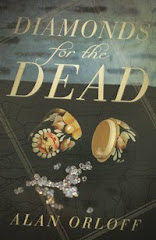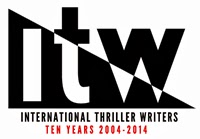 Not wanting to be left behind in the social network revolution, I signed up to become a Twitterer (Tweeter? Twit?) about two months ago. The jury is still out. To be fair, I've only been averaging about one Tweet every three days, so I guess I'll keep at it for a while longer before I pass judgment. (Six months from now, I'll probably look back on this post and realize I've been a complete idiot*.)
Not wanting to be left behind in the social network revolution, I signed up to become a Twitterer (Tweeter? Twit?) about two months ago. The jury is still out. To be fair, I've only been averaging about one Tweet every three days, so I guess I'll keep at it for a while longer before I pass judgment. (Six months from now, I'll probably look back on this post and realize I've been a complete idiot*.)
Here are some (very) random thoughts about Twitter.
- Twitter is easy to use. Just type 140 characters in a big box at the top of your Twitter Home page. There's even a countdown feature so you don't have to be able to actually count to 140. But maybe it's too easy.
- People have developed all kinds of "helper" applications to make your Twitter experience richer and more convenient, most of which I find way too complicated.
- I still don't know who would care what errands I just ran (grocery store, bank, Blockbuster). I mean, I'm a boring person.
- People tweet from all kinds of cool places, but when I'm in the middle of some experience, I don't want to be distracted-- I want to live in the now (that's why I usually don't like to take pictures or videos of stuff that's happening**). I can't imagine having lunch with President Obama and pulling out a BlackBerry to Tweet (Prez O is
 enjoying a tuna sandwich, on wheat. I'm having turkey. Great potato salad! These pols know how to eat!)
enjoying a tuna sandwich, on wheat. I'm having turkey. Great potato salad! These pols know how to eat!) - When you sign up to follow someone, you're not entirely sure what you're going to get, in terms of quality and quantity. Is it impolite to untether someone if you don't like getting two hundred tweets a day? Will they twash you in the
Twitterverse?*** - Often, I have very trouble deciphering the tweets. Too many abbreviations, too many weird symbols, too many out-of-context snatches of conversations. Frankly, I feel like I'm eavesdropping.
- Here's a tweet I don't want to get: Driving on the Beltway, traffic heavy, hey, watch out, heyyyyyyyyyyyyyyyyyyyyyyyyyyyyy
- Many people say my writing is very straightforward. But I still don't see how I could impart meaningful information within Tweeter’s 140 cha
- If you are following a lot of people, how do you possibly keep track of what everyone's saying? At the dinner table, I have enough trouble keeping up with the conversation, and I'm only
 following three people. How can some Twitterers follow hundreds of other Twitterers?
following three people. How can some Twitterers follow hundreds of other Twitterers? - They have cell phone novels. How about a Twitter novel, composed of 140-character chapters? (What, James Patterson already does this? Never mind.)
- I'd like to see something like 123&VENT or @RANT****, where people get 140 characters to spew forth on something, without any chance of repercussions. Now THAT might be entertaining.
Having said all this, please follow me on Twitter: @alanorloff
But remember, you've been warned. I really am boring.
Footnotes
*This is nothing new. Every few days or so, I'll look back on something that happened six months earlier and realize what an idiot I was.
**I'm still a little torqued about the time I was taking video of a nighttime shuttle launch, rather than sitting back and enjoying the spectacle.
***I DO like all the words that have been Twitterized.
****Call it "anti-social" networking.

